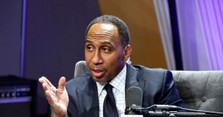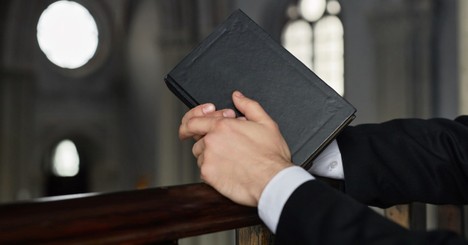

Iran Threatens U.S. Armadas as U.S. Envoys, Iranian Foreign Minister in Peace Negotiations

Stephen A. Smith on Possible Presidential Run: ‘You Don’t Know What God Has Planned’

‘I Can Only Imagine 2’ Isn’t a Typical Sequel, Director Andy Erwin Says

Jesse Jackson’s Passing Leaves Behind Lasting Legacy
Trending Articles
Recent News
Trending Articles
Recent News
Positive Stories
Celebrity
Video
Opinion
Church
Entertainment
Sports
Movies
Politics
Israel
Christian News Headlines - Breaking and Trending Religion News
Crosswalk Headlines - Christian news brought to you by a group of Christian writers and editors who are dedicated to creating a well-rounded look at what’s happening across the globe from a Christian worldview. Our vision is to inform and inspire productive discussion about the current events and online trends that shape our lives, our churches and our world.Crosswalk Headlines includes blog posts about current events and Christian media, breaking news, feature articles, and guest commentaries, many written by respected Christian thinkers.































































